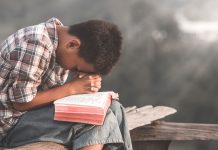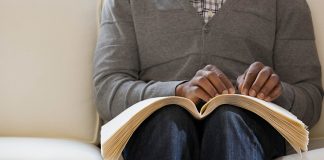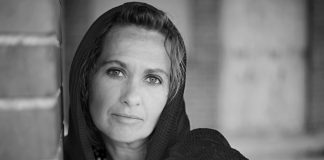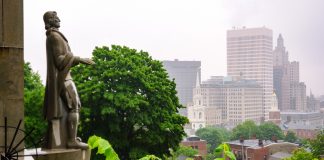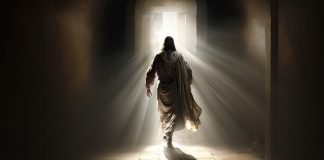How harmful is corporal punishment for children?
In an ideal world, everything would be simple: you, as the father or mother, tell your child, the apple of your eye, to do something and, being perfectly obedient and submissive, they do as they’re told. However, we don’t know if such a world would really be ideal. Nevertheless, for many parents, this resembles a paradise to which they would love to escape...
Too tired to love?
Too tired to even touch hands, my husband, Bernie, and I crawled into bed. It was the end of a day in which we’d hardly spoken to each other, except to ask where things were or say where we were going—or had been. Our house had been full of guests for several weeks. To make matters worse, we’d just moved in and there...
Upheaval in Afghanistan highlights the horrors of conflict
It’s hard to know where to begin when it comes to the situation currently unfolding in Afghanistan.
The “background noise” of free will
What would you say if you read an article that tells you that the human ability to make choices freely and consciously—that is, free will—might just be an illusion? What if the article backs up its claims with scientific research? Such curiosity is sparked by an article published on livescience.com.
(Dis)connecting
In its first two decades, the 21st century has already received several titles: the century of speed, the era of information, or the digital era. In a constantly connected world, does authentic disconnection still exist?
The career of a blind man
This life story challenges us to abandon clichés and stereotypes. Being blind does not mean being condemned to isolation and sadness. Disabilities can awaken hidden resources, particularly when we recognise the needs of a whole group of people. At the time of the interview, Senator Floyd Morris was President of the Senate of Jamaica.
The man who opened the windows of heaven
"Who were the two artists of ancient times who competed to see who could paint the visible world most faithfully? 'Now I shall prove to you that I am the best,' said the first, showing the other a curtain which he had painted. 'Well, draw back the curtain,' said the adversary, 'and let us see the picture.' 'The curtain is the picture,' replied...
Being your best you
A week before he left for college, megachurch pastor Steven Furtick’s oldest son asked him, “Out of everything you’ve taught me, what’s the best advice you can give me right now?”
The eternal illusion of the fundamental secret
One of the mind’s most pleasant and, at the same time, most tormenting occupations is to dream of a better life. How many times have we tried to generate a change for the better by means of a new purchase, new friends, new house, new job, new relationship or other ideas for a fresh start?
Roger Williams
It is no coincidence that the first Baptist church in the United States, the first synagogue, and the first Quaker assembly house are all located in the small American state of Rhode Island. Their existence is due to the influence of Roger Williams, who resolutely upheld the principle of freedom of conscience more than 100 years before it was invoked in the First...
How can we protect our children from the dark side of the internet?
Early exposure to technology helps children accumulate information quickly, opening up new ways for them to understand the world. At the same time, however, the online environment can put many of its most vulnerable users at risk.
Affluenza: What does your money say about you?
If life were merely about money, it would be like a game of Monopoly. At the end of the game, you’d count your cash, add up the value of your assets and find out whether you’d won or lost. Then you’d breathe your last.
What did Jesus believe about the meaning of life?
Between 2008 and 2021, 379 people died in selfie-related accidents. Made habitual by consumerism and social media, this cult of self-promotion is part of a nefarious cycle of narcissistic stimulation and a powerful indicator of our longing for worth and, by extension, meaning.
Are you a workaholic?
By 2030, epidemics will be eradicated; life, rejuvenated by injections, giving lifespans of 150 years; and cars almost obsolete with aeroplane ownership common. These were the 1930 predictions of FE Smith, a British politician and friend of Winston Churchill.











